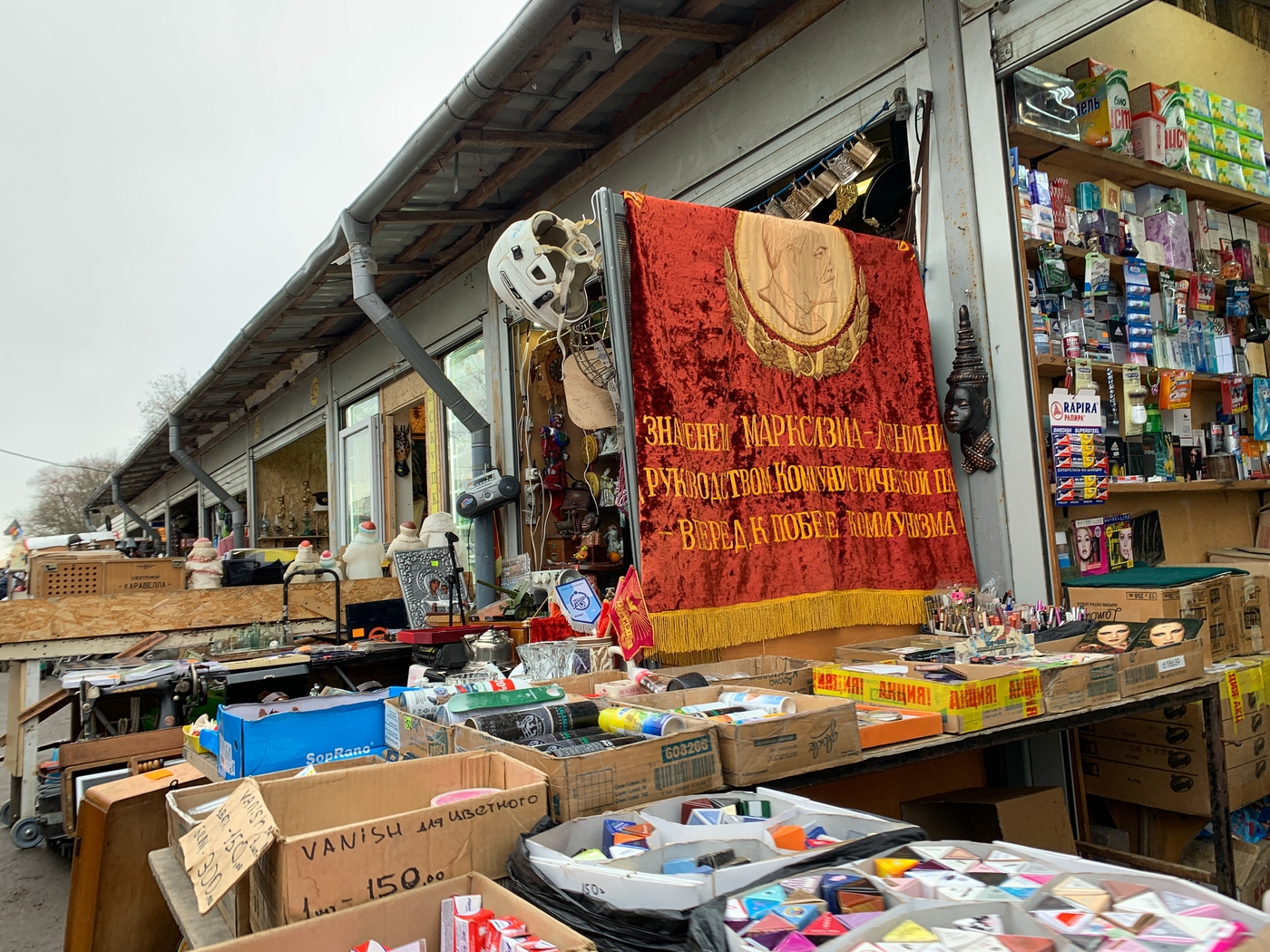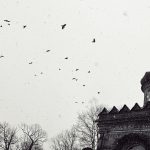«Baracholka» as a journey to the USSR
“Vodka”, “balalaika”, “baraholka” – these three words cannot be translated from Russian into foreign languages. But if no one needs to explain the meaning of the first two, then with “baraholka” it is more complicated. If you are Russian and you have to translate this word for a foreign guest, you can explain it as follows: “baraholka” is a cross between a flea market and an ordinary clothing market, where they sell both old used goods and utensils, as well as new ones. Or like this: this is a huge garage sale, a significant part of which is occupied by the classic flea market.
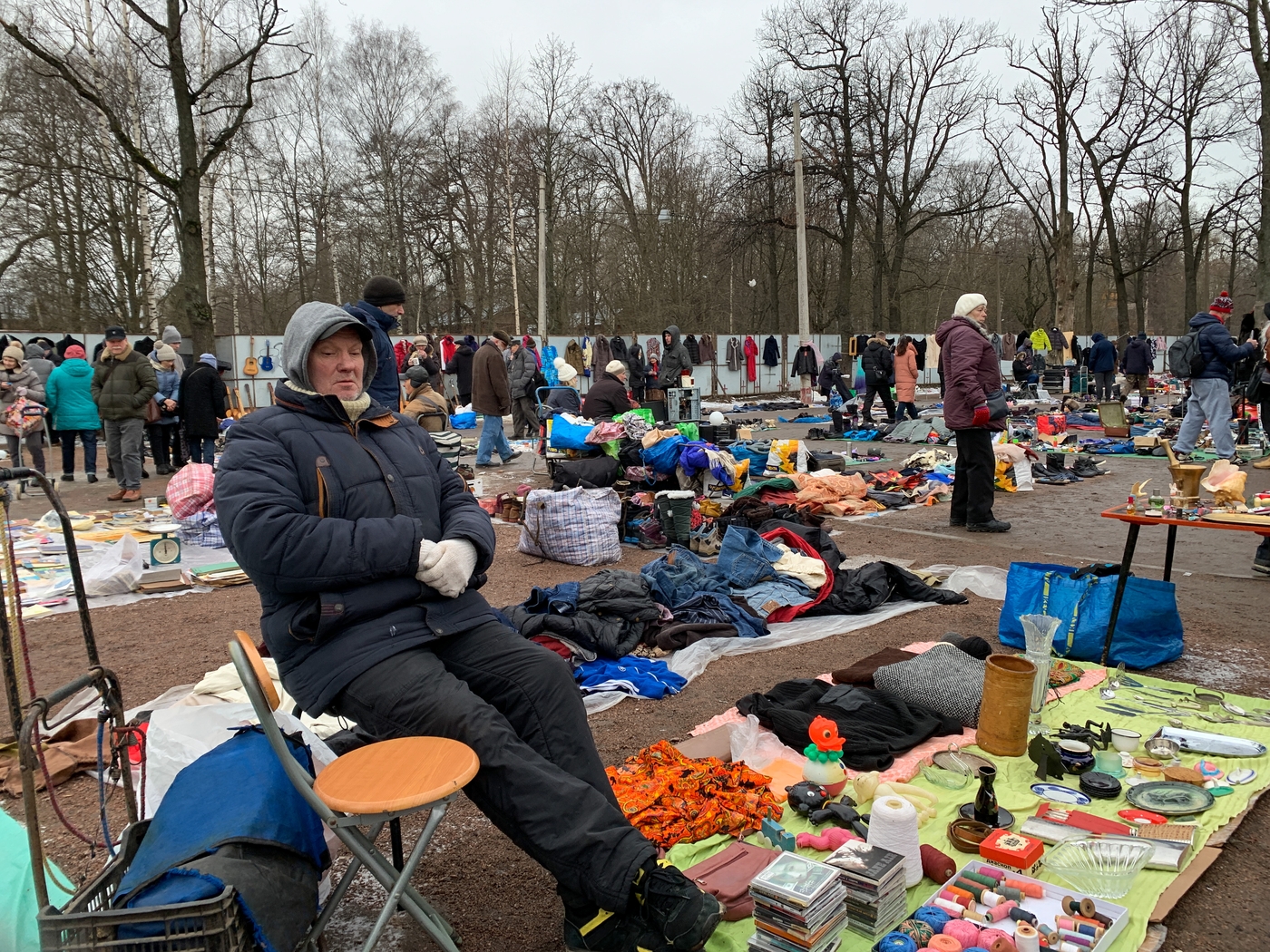
In the days of the Soviet Union, “baraholkas” were present in every Soviet city. They were often called “tolkuchkas”. In times of total deficit, you could buy anything at such “tolkuchka”, and this, in a way, balanced out the poverty of the Soviet counters.
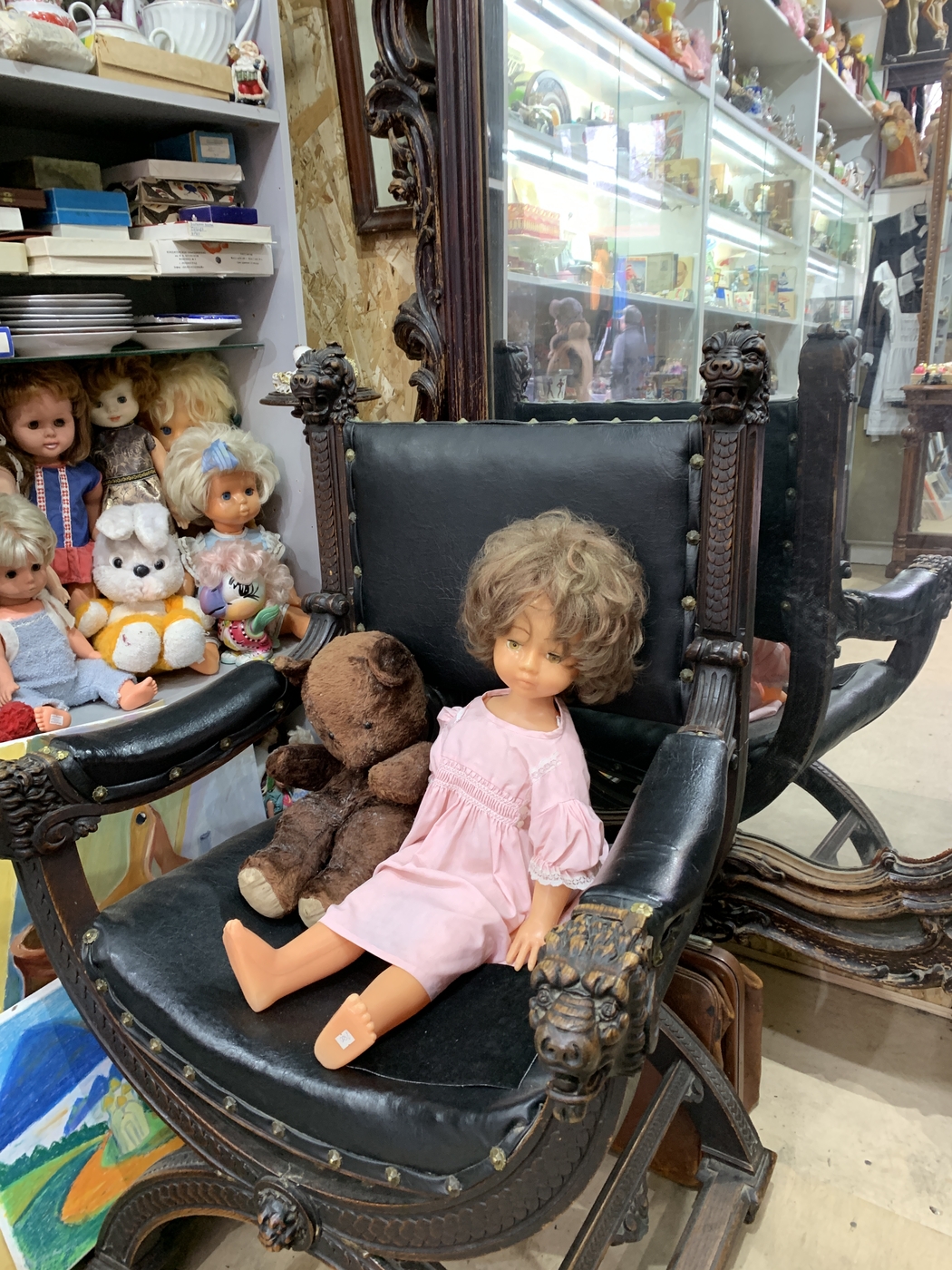
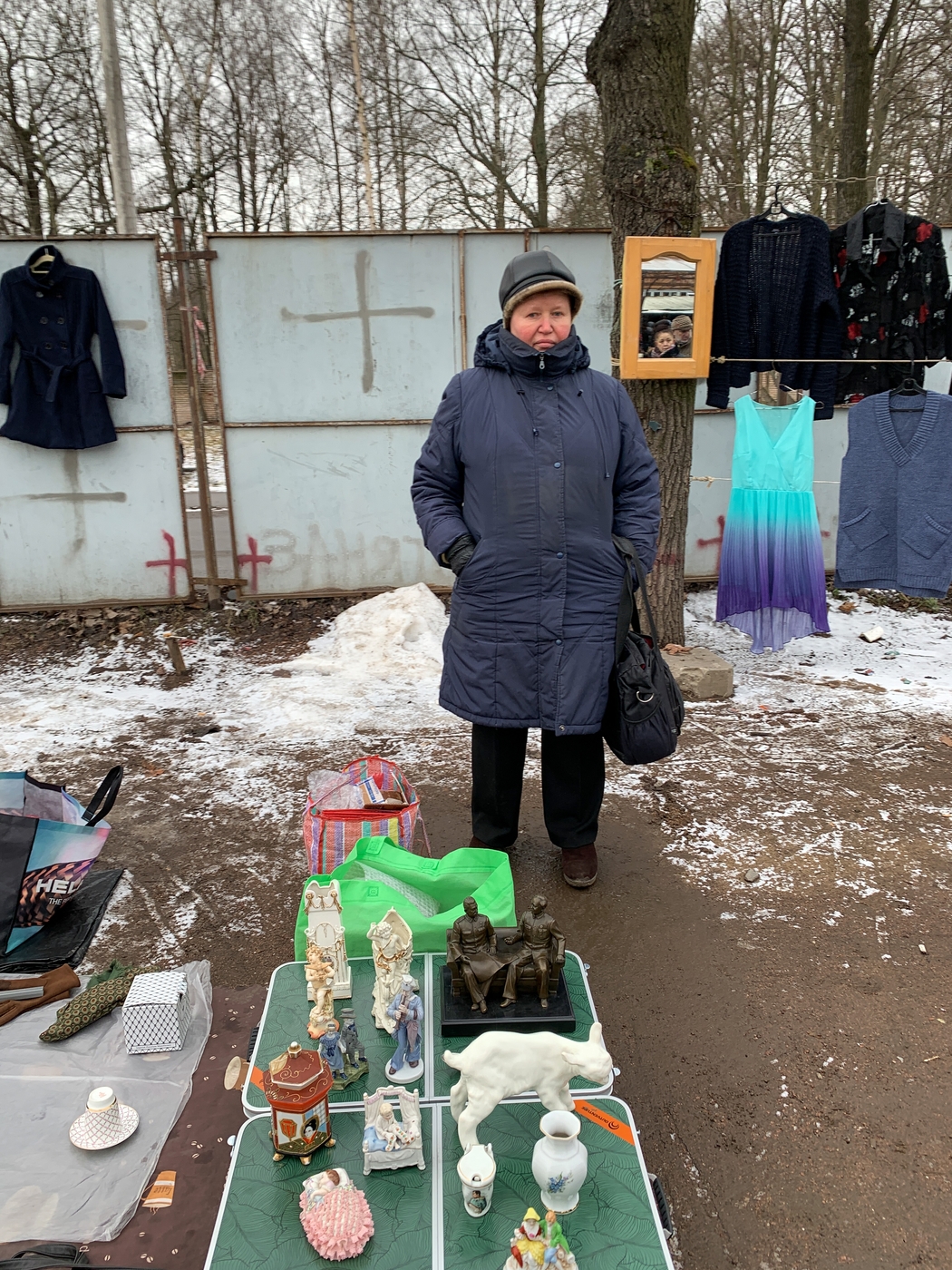
In the early post-Soviet period, open markets began to play an even more important role in the life of the country. The socialist economy, and with it the state distribution system, collapsed overnight and buried all commodity flows — closing, food, and whatever. It was necessary to establish new market mechanisms and open markets became an excellent launching pad for small businesses. It was a time of “chelnoki” (and this is another word that cannot be translated) – former engineers, doctors, teachers and representatives of other professions who lost their jobs and livelihoods, who moved tons of various goods on their humps: from abroad – to Moscow, from Moscow to other cities of Russia. Some of them subsequently became large entrepreneurs and now remember with a smile the past, when they “tolkali” jeans and cigarettes at such “tolkuchkas”. But for the majority it simply helped to survive. So began to form a new market economy.
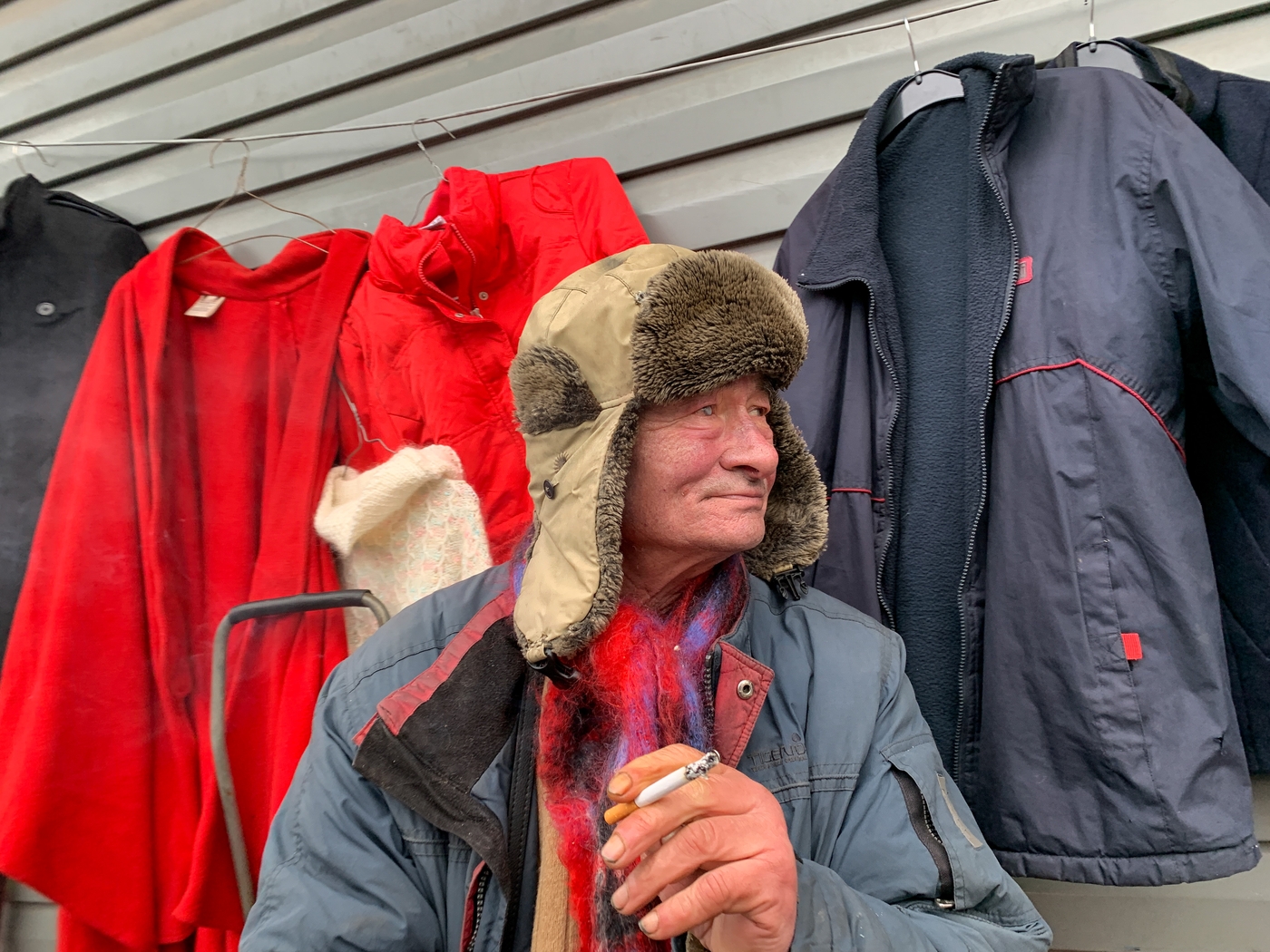
Today, the role of markets has changed, commodity shortages are a thing of the past. But for many townspeople, the habit of walking at the weekend in the “baraholka” remained. For them, this is not just a place where something cheap or rare is sold, but also a place of social communication, where you can just chat, bargain, twist a phonograph handle, try on an army overcoat, strum a balalaika, show off in a vintage hat and even dance.
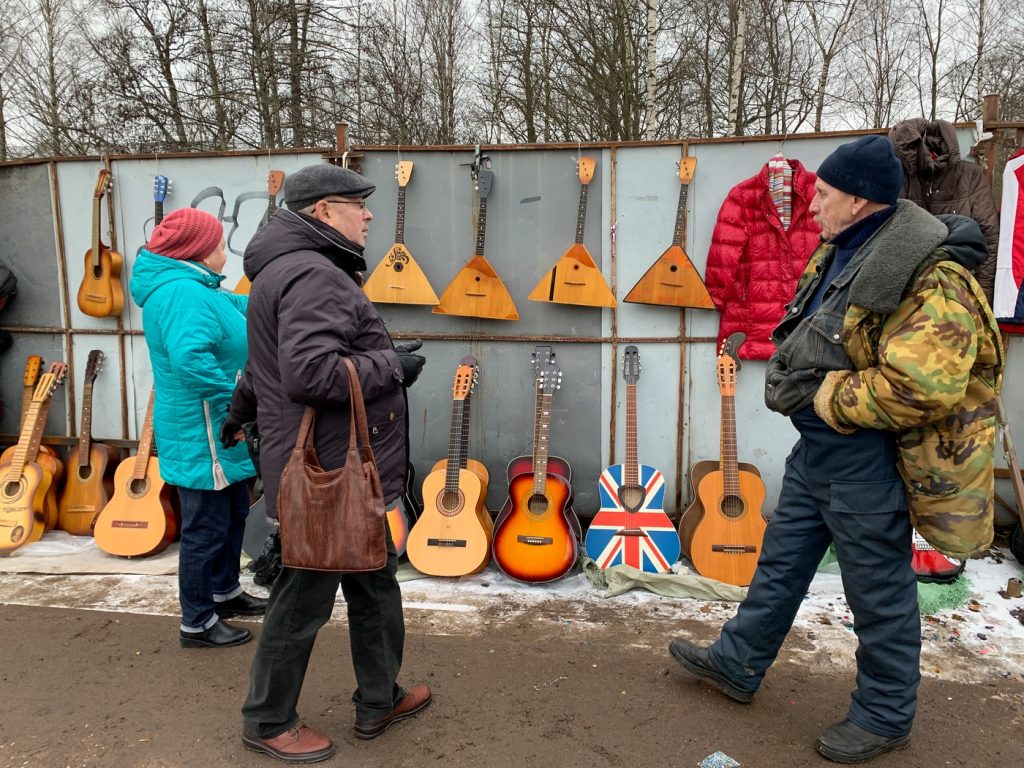
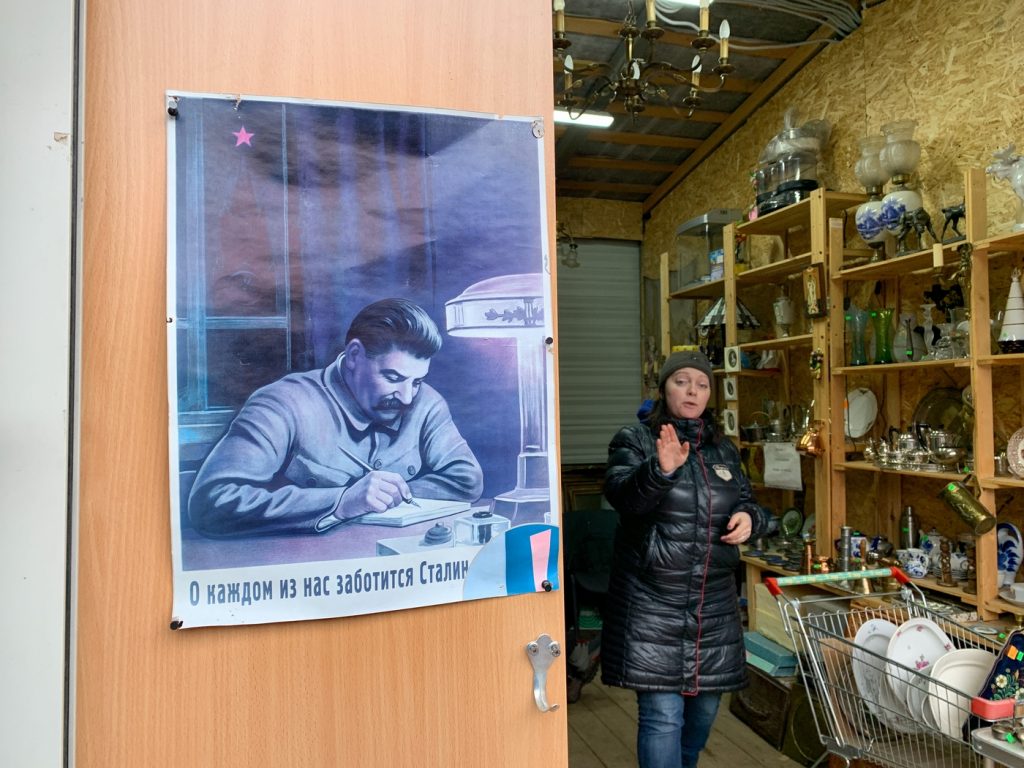
And it’s also a powerful comeback to the Soviet past. Everyone who was born and raised in the USSR while visiting such a “baraholka” is inevitably embraced by a slight nostalgia for the times of their romantic “pioneering” childhood.
Perhaps you will also feel a sense of belonging to the bygone Soviet era if you ever happen to visit one of the largest (12 thousand square meters) not only in Russia but also in the world, “baraholka” – by the railway station “Udelnaya” in St. Petersburg. Well, if it doesn’t happen, look through these photos and perhaps you will be able to feel the special atmosphere of this place.
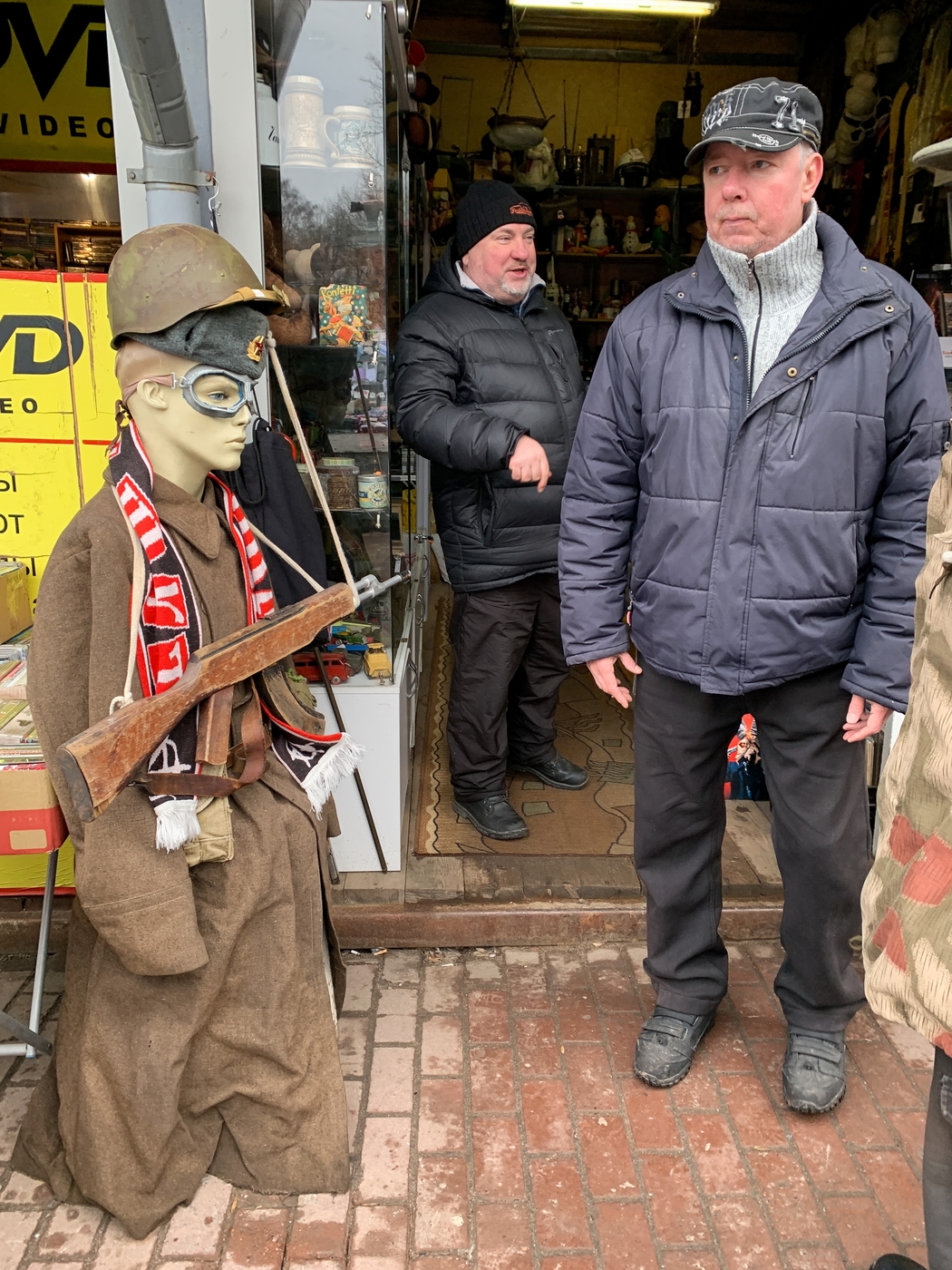
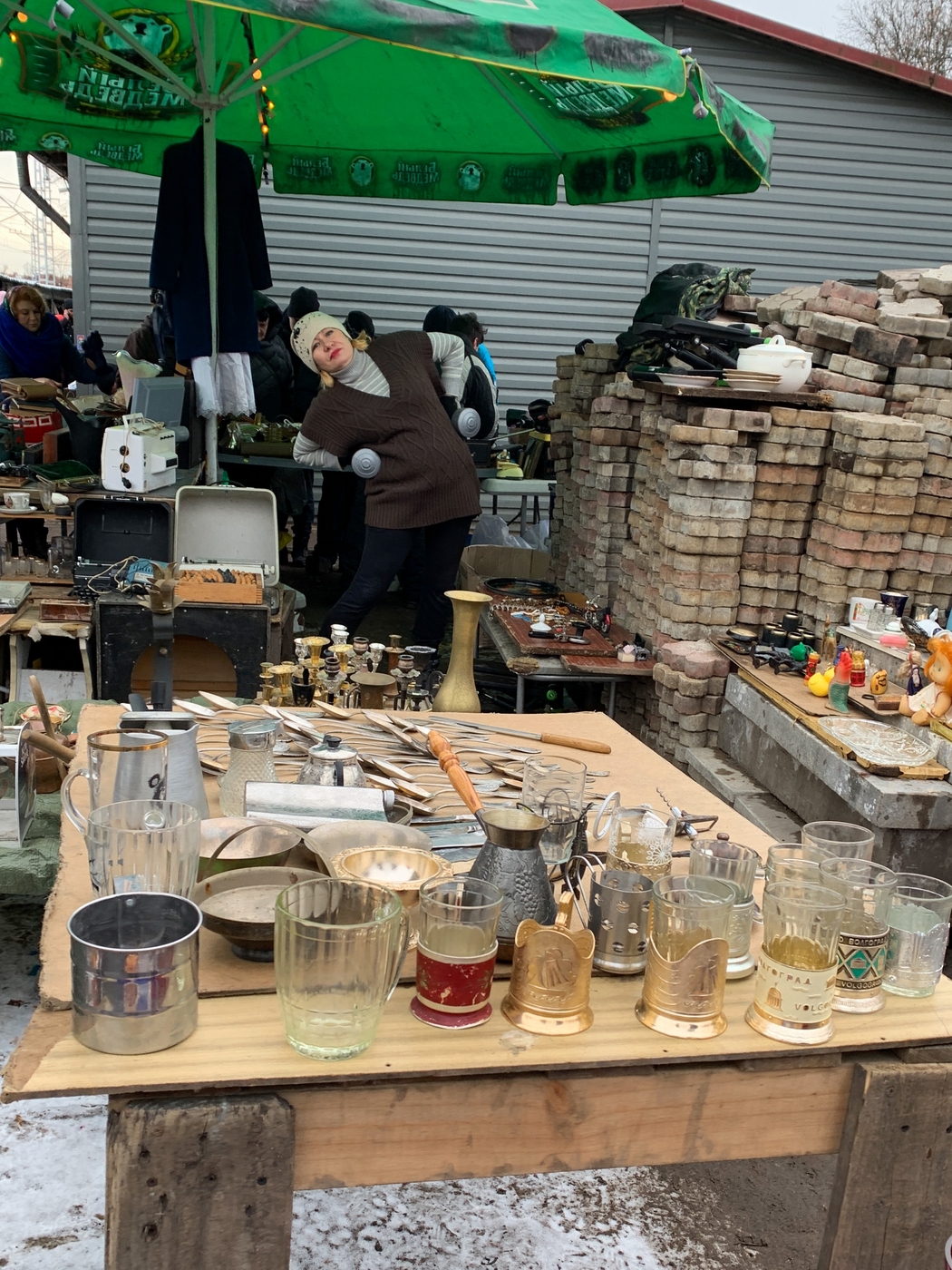
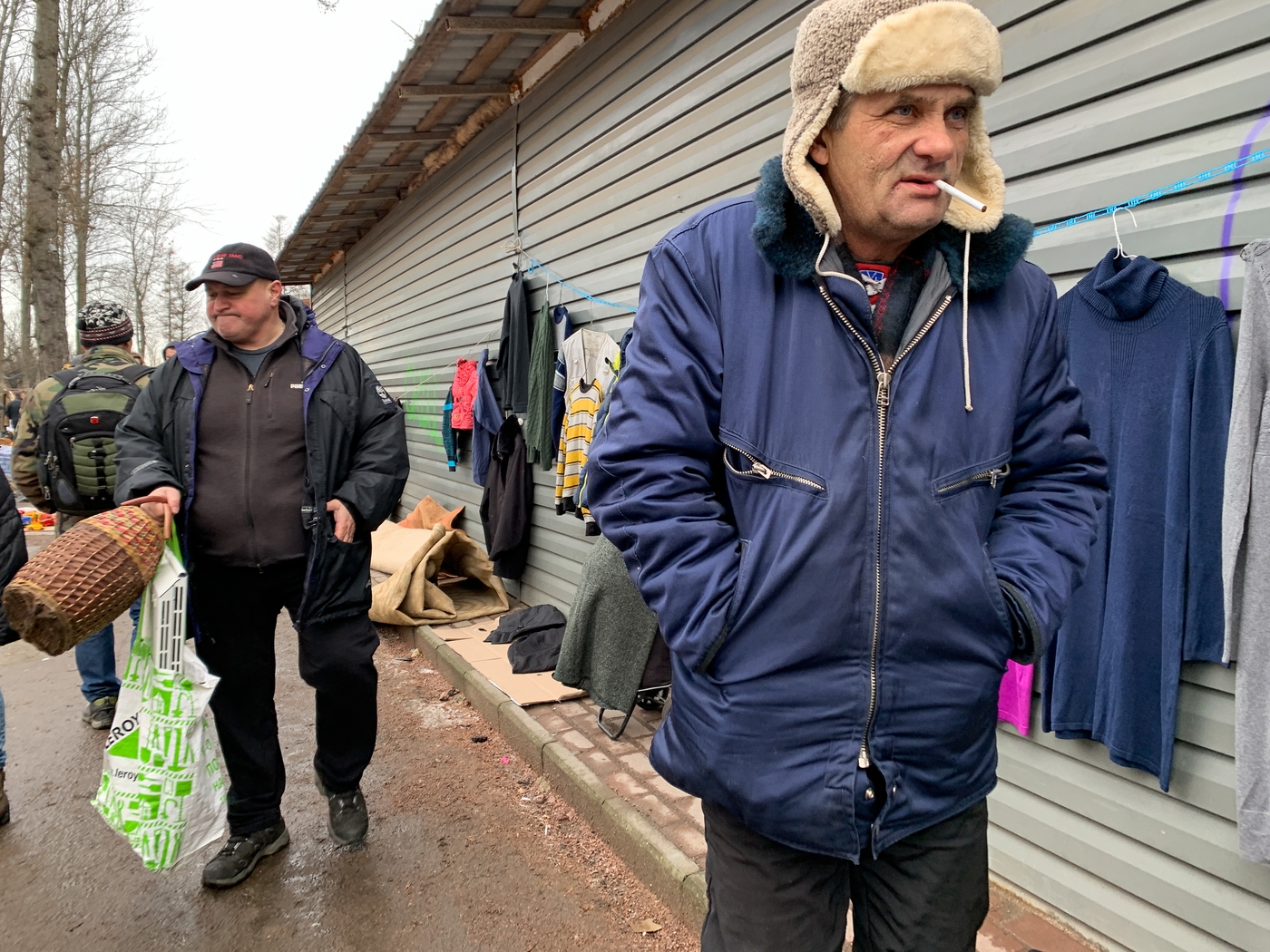
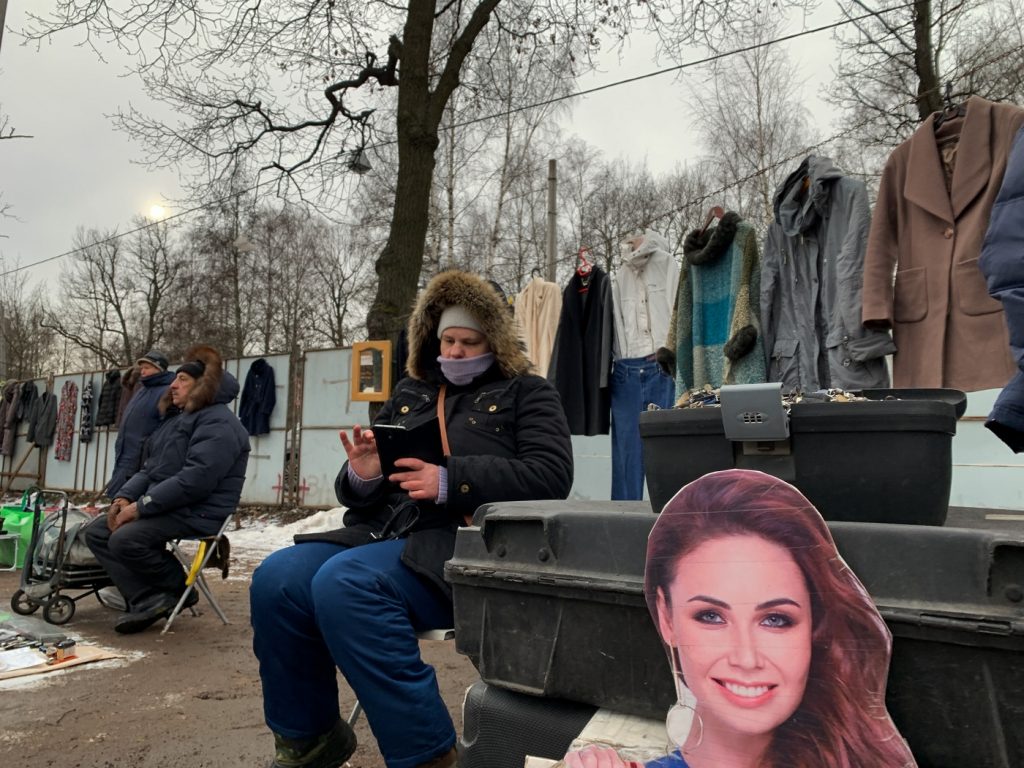
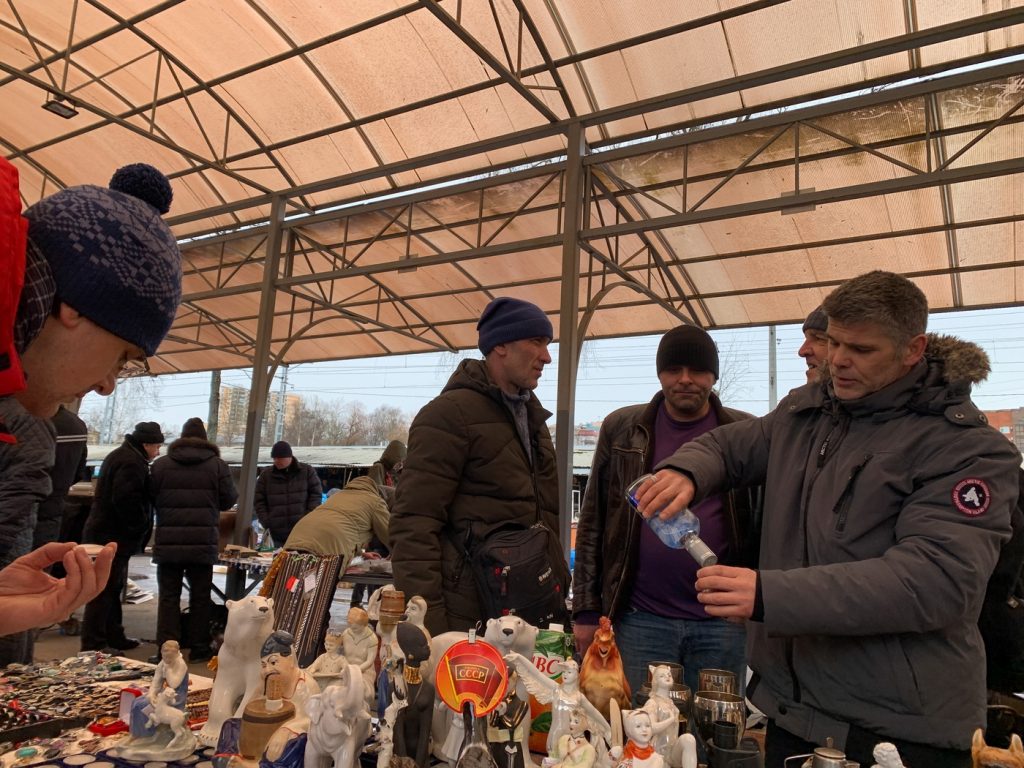
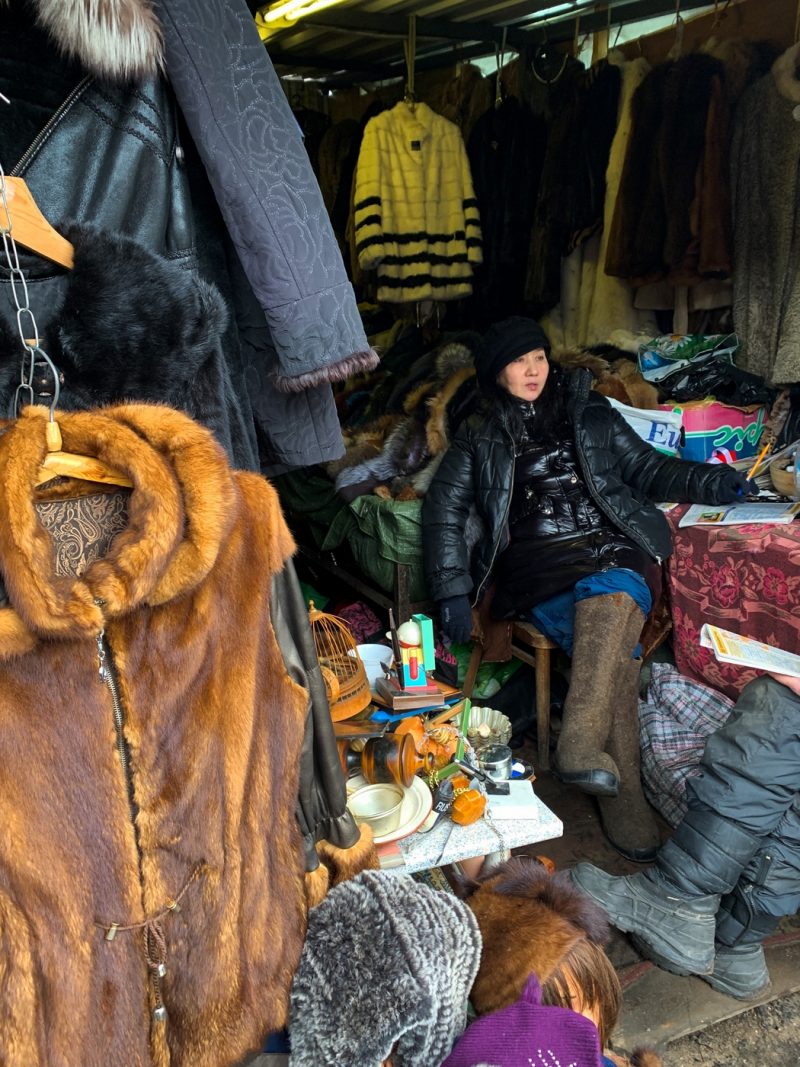
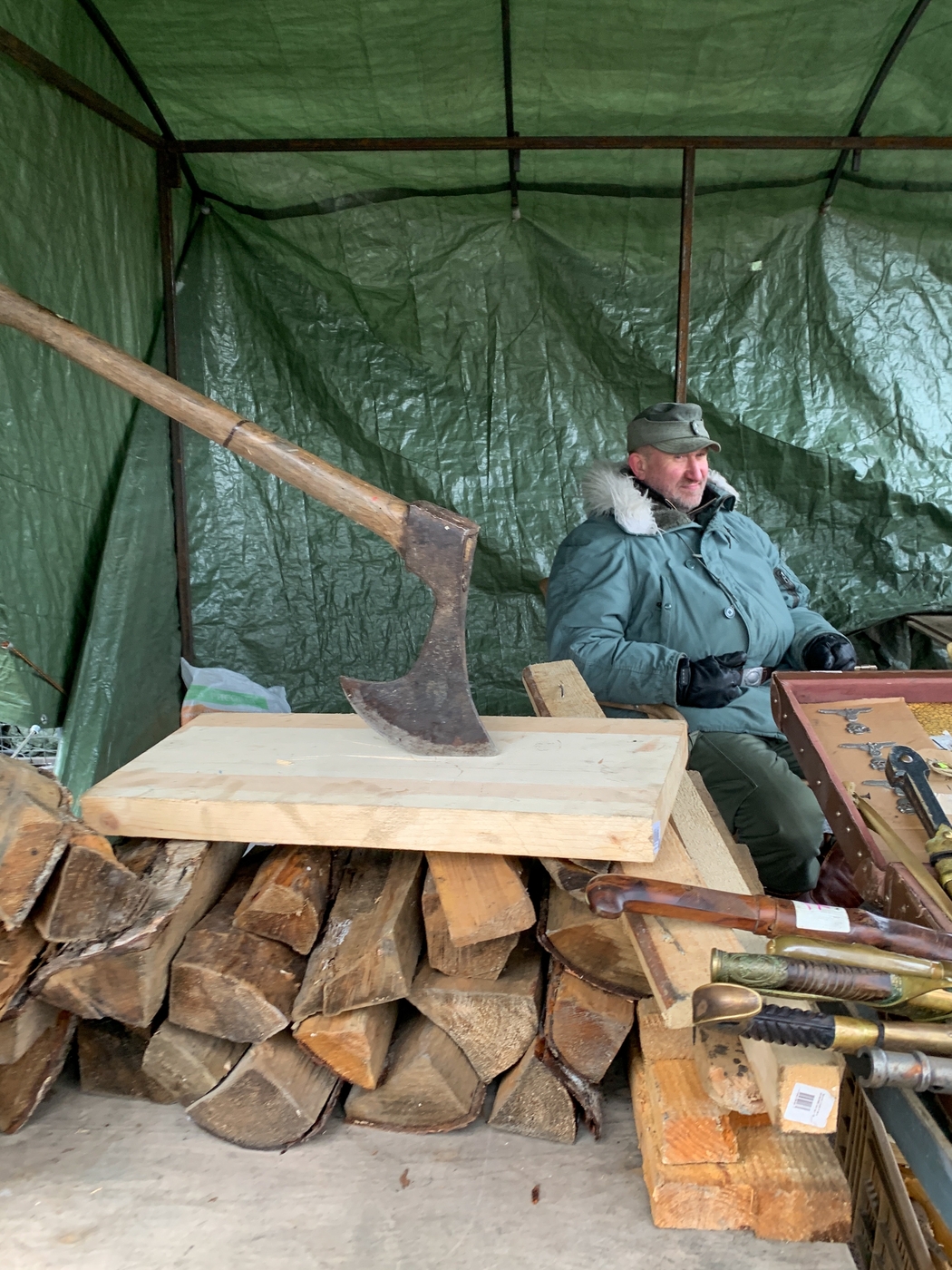
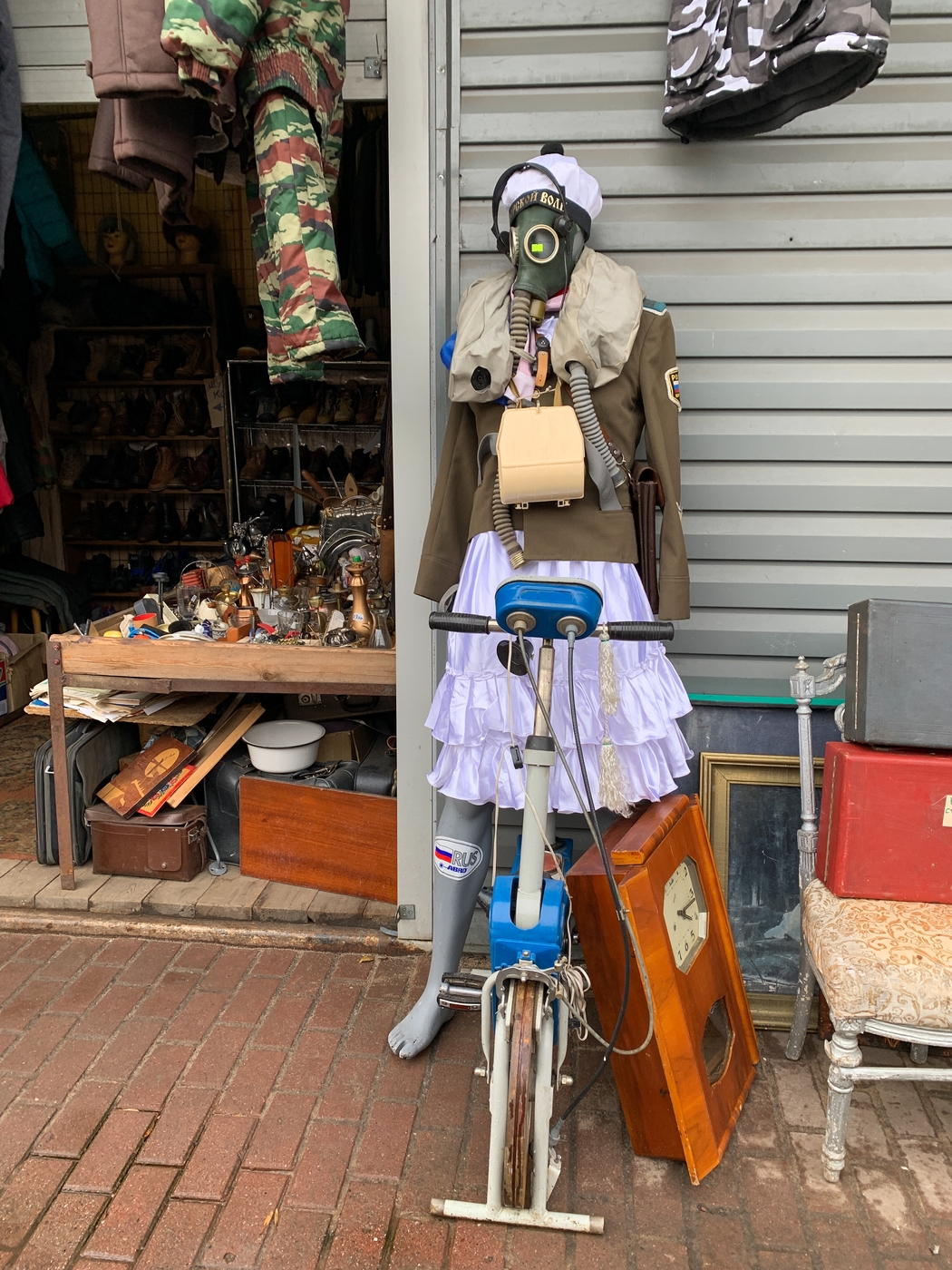
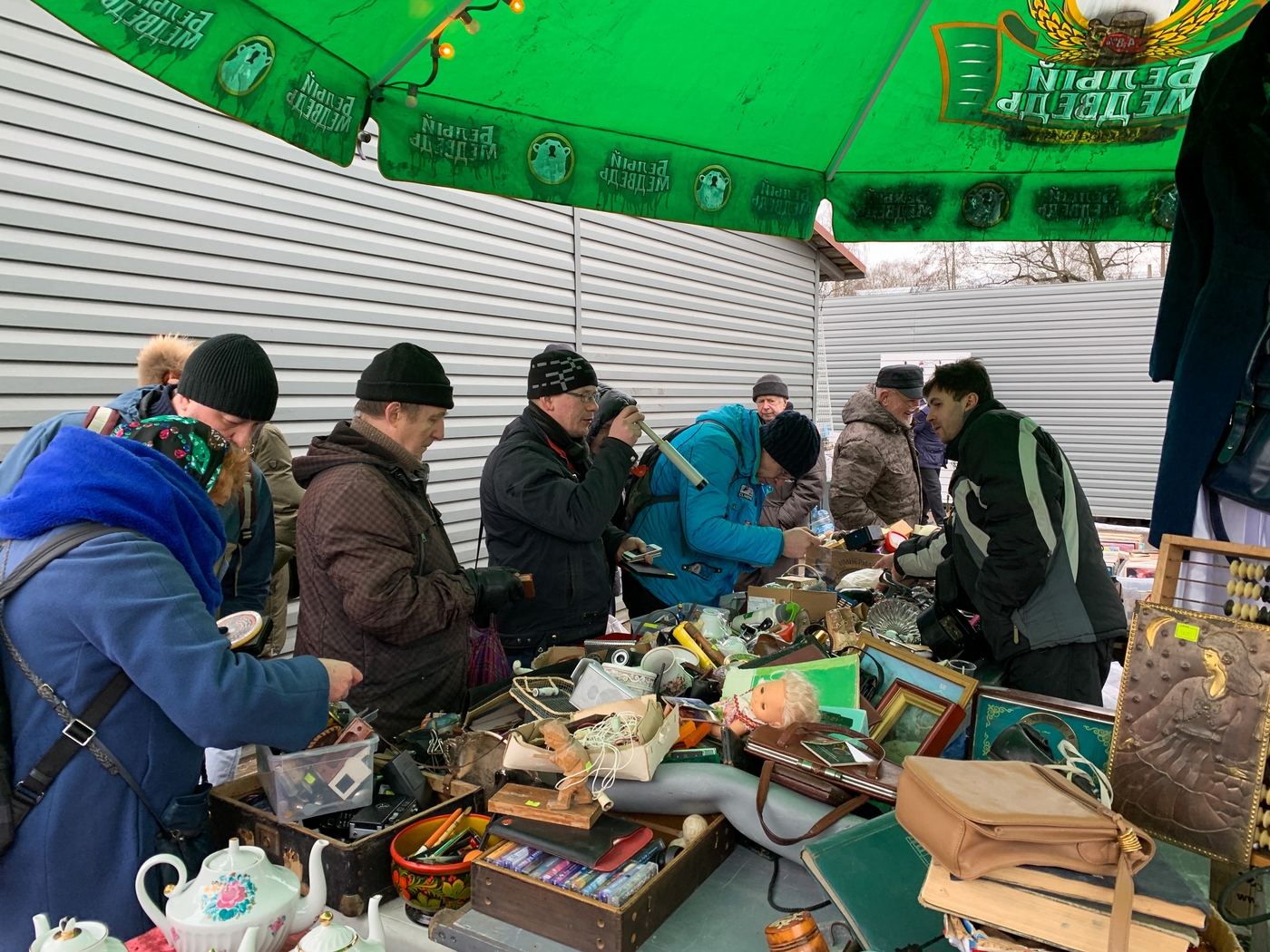
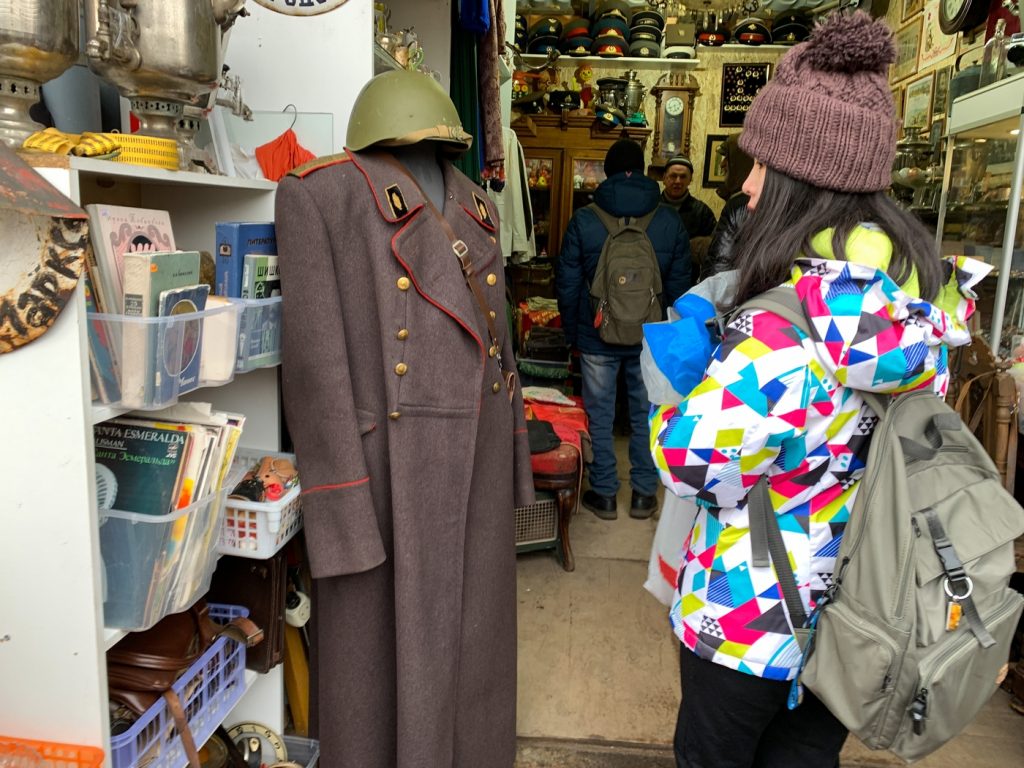
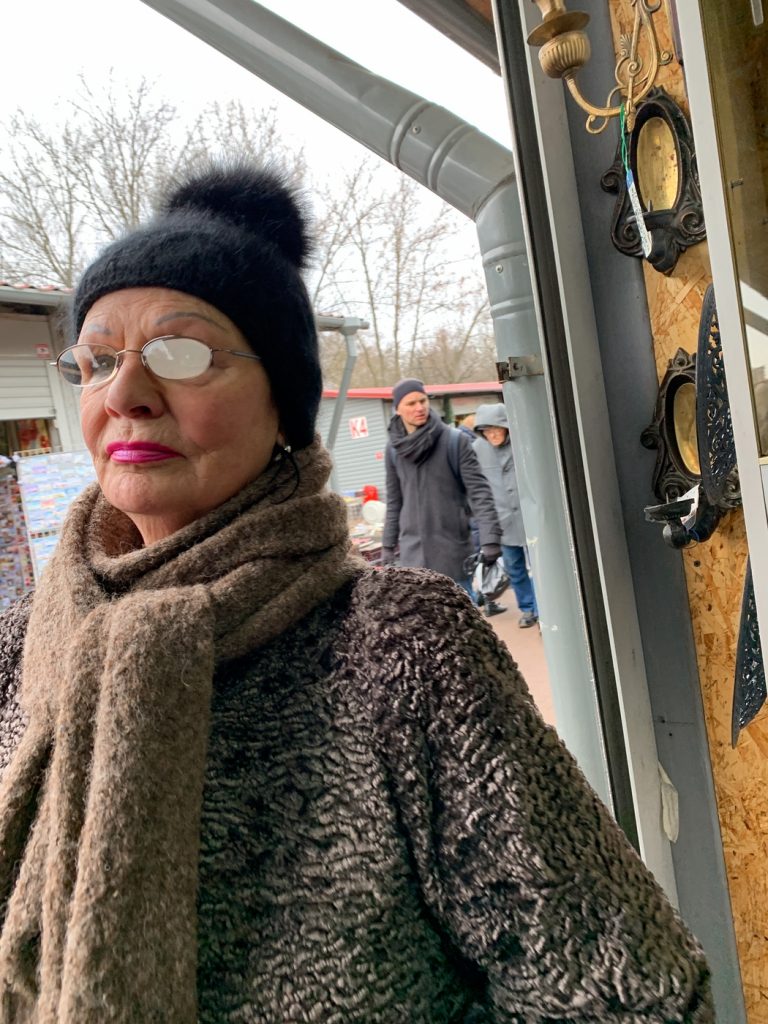
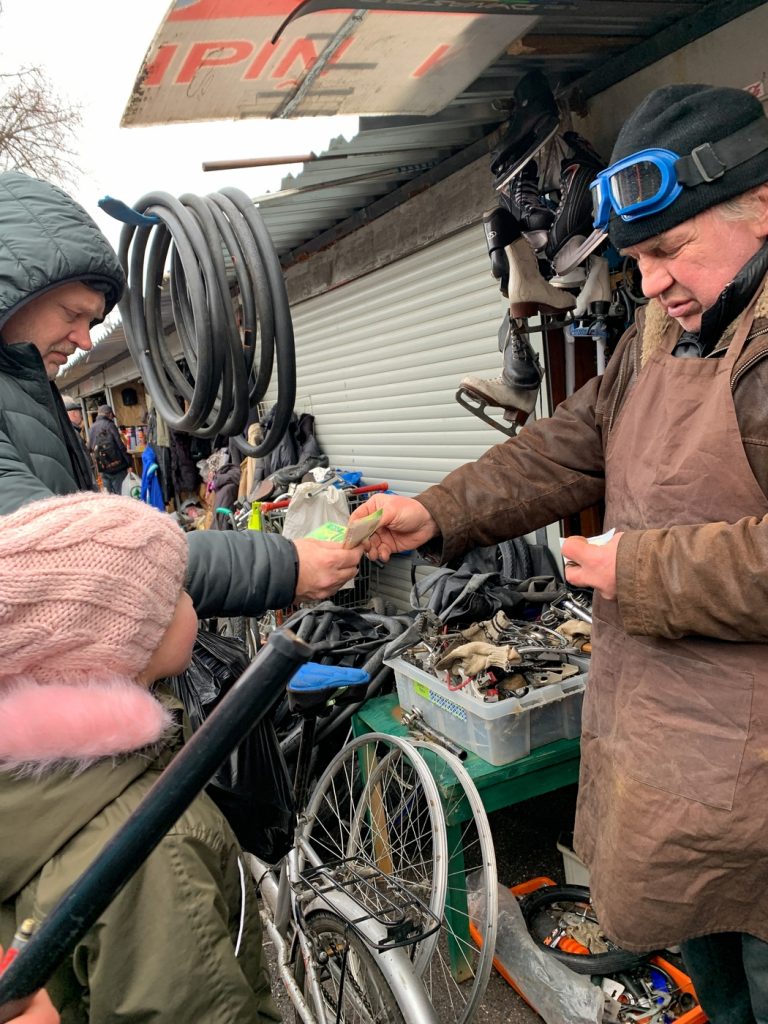
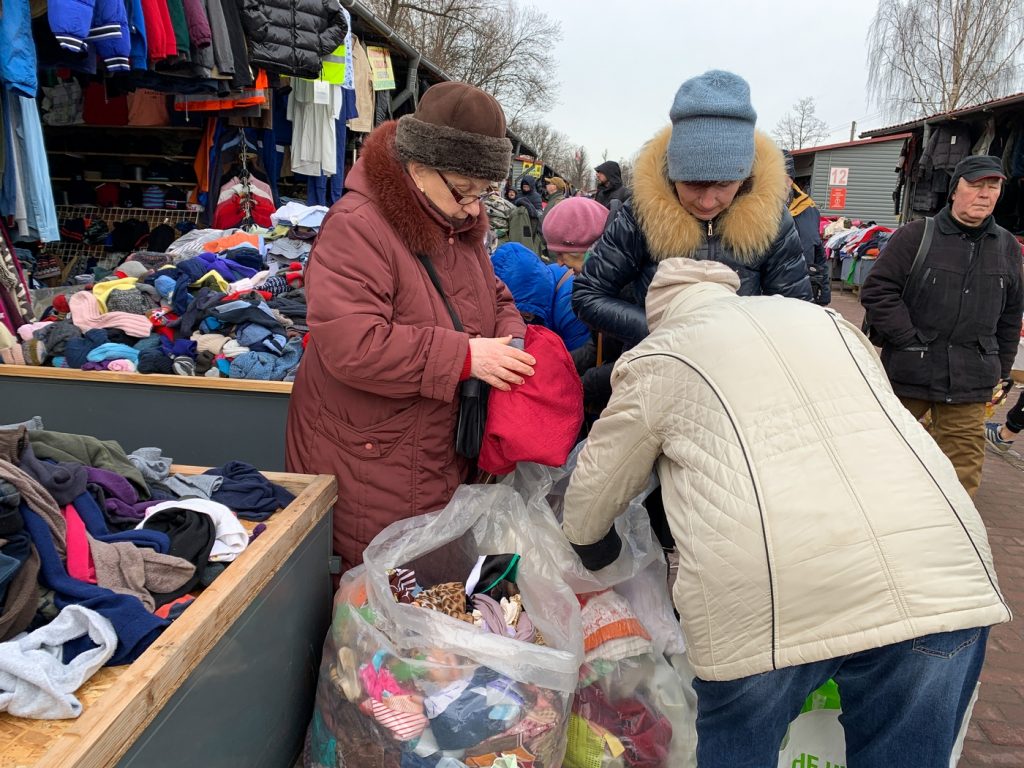
St.Petersburg, 2020
All images and text © Oleg Kolimbet
Comments are closed.

